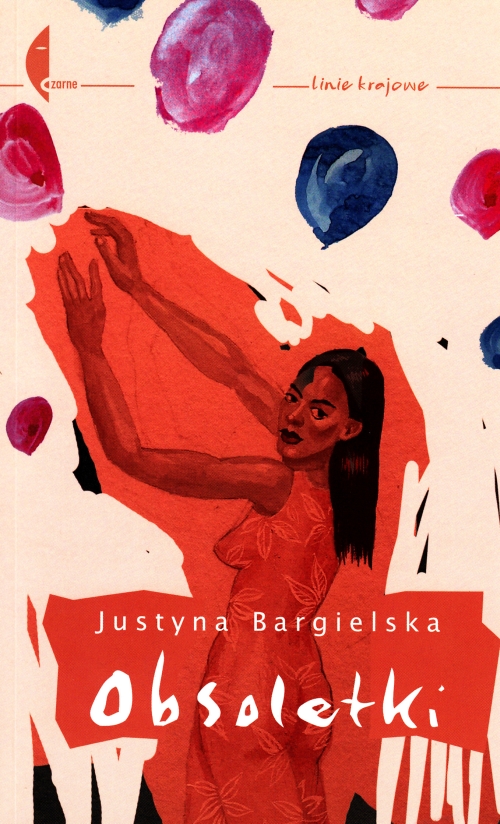If you’re a fan of foreign literature, there’s nothing more frustrating than having such a passion tempered by the inability to find translations of particular books. And when it comes to Polish books in translation, it’s like trying to find a needle in a haystack at bookstores and libraries, sending you off instead to the computer – greatly frustrated – to continue the hunt online. Add to that the fact the book was written by a female Polish author and you may as well throw your hands up in the air and step away from the keyboard now.
Although libraries are starting to offer quite the range of Polish literature in itself, not everyone has a mind suited to language learning (and Polish is far from being an easy language). However, this inability is no more unfortunate for a reader than when it comes to missing out on the wide range of books written by women in Poland each year, a selection which ranges from high-brow “literary” fiction to poetry to genre fiction and “literary reportage” (a particularly Polish style).
Considering this – alongside the fact that it is still far more difficult for women to get published in Poland than their male counterparts, let alone be nominated for awards or actually win them – it seems obvious that were English-language publishers to translate these works it would work marvels in ameliorating the position of women in the industry.
To this end, here are 10 books that should be translated first.
1. Nieważkość (Weightlessness) by Julia Fiedorczuk
Three women – an advertising executive, a cleaner, and a homeless mystic – linked by terrible events that occurred when young, in a small town near Warsaw. Female-centric, deeply complex, and multi-interpretive – one of the best novels by a female Polish author to have been released in the last few years.
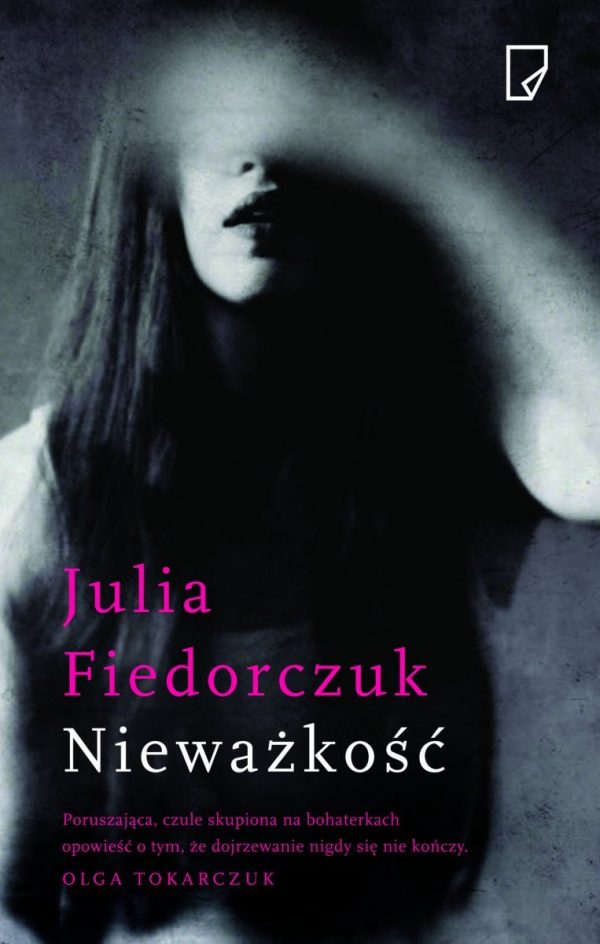
Source: Amazon
2. Uprawa roślin południowych metodą Miczurina (Growing Southern Plants the Michurin Way) by Weronika Murek
A novel that walks a thin line between dreaming and waking, the narrative balances between life and death: Virgin Mary knits socks for Jesus in front of the TV; a dead girl prepares her own funeral. The reader cannot trust his or her own senses, even the era of each setting undisclosed. “Unusual” almost seems redundant a description. This is a masterclass in “unrestrained literary freedom.” How can it not be translated?
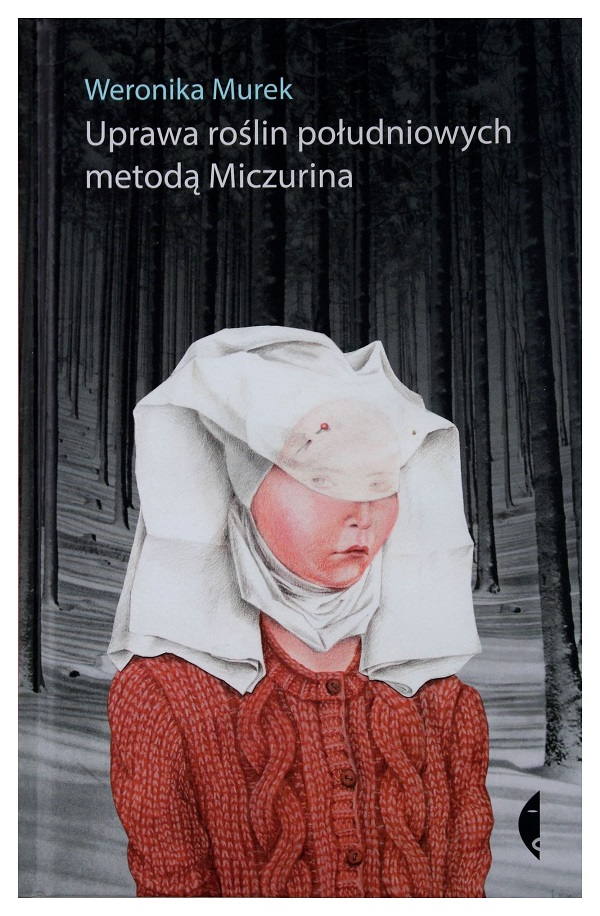
Source: Amazon
3. Piaskowa Góra (Sandy Hill) by Joanna Bator
Set in the 1970s, miner Stefan Chmura and his wife, Jadzia, move into the largest of the blocks of flats on a prefab housing estate in Wałbrzych. Bator explores the lives of the couple, their daughter Dominika, and grandmothers, Halina and Zofia, offering through the mirror of this family saga “a social history of communist Poland,” written in a narrative style that combines controlled prose with the vernacular of her characters. A most interesting one to see translated.
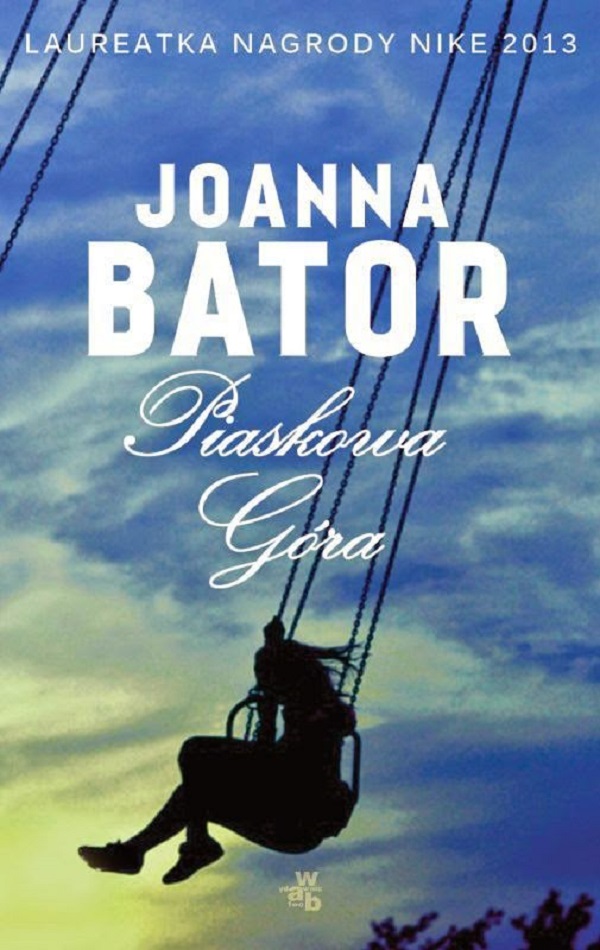
Source: Amazon
4. Mała zagłada (A Minor Annihilation) by Anna Janko
A non-fiction choice, written in such a way as to make it seem “a diary of historical trauma.” Janko’s own mother, poet Teresa Ferenc, was nine years old when her village, Sochy, was burnt down by the Germans. Reconstructing the tragic event over 37 chapters, Janko explores the experience of children in war and how trauma can be inherited. A necessary bit of “reportage” to be made available in the English language.
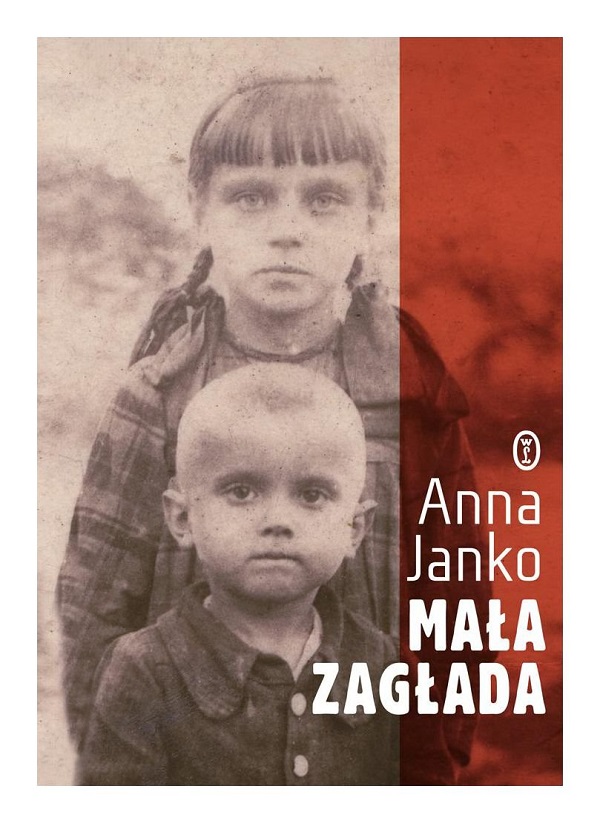
Source: Amazon
5. Obsoletki (Born Sleeping) by Justyna Bargielska
A rare award-winner by a female Polish author, Obsoletki “examines the landscape of quotidian existence, our disappointments and humiliations”, as the author blends colloquial writing with philosophical. A collection of 41 short pieces, rather than a novel, Bargielska is unafraid to explore taboos, including still birth and miscarriage, and needs to be translated.
6. Kobiety i duch inności (Women and the Spirit of Otherness) by Maria Janion
Known as a “doyenne of Polish letters,” Janion is a highly regarded academic, feminist, and literary critic who has penned over 20 books. Kobiety i duch inności is a “herstory,” exploring both real and fictional women considered heroines, arguing that it is woman – not man – who should “be considered the emblem of postmodernity.” A feminist text that deserves a much wider audience.
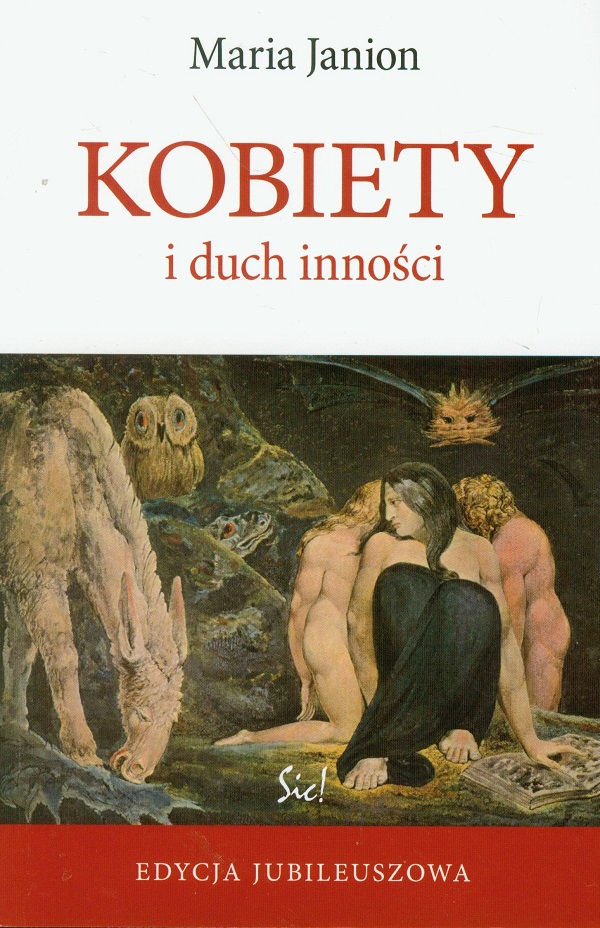
Source: Amazon
7. Wyjątkowo długa linia (An Extremely Long Line) by Hanna Krall
Considered “the queen of the reportage genre” in Poland, although Wyjątkowo długa linia may read like a novel, it is in fact a non-fictional account of the Jewish families who inhabited “a 400-year-old tenement house in the oldest part of Lublin,” aware of their fate and with the Holocaust nearing on the horizon. Among them lived writer, poet, and dramatist Franciszka Ajnsztajn and the poet Józef Czechowicz. This is a very touching tale of human relationships.
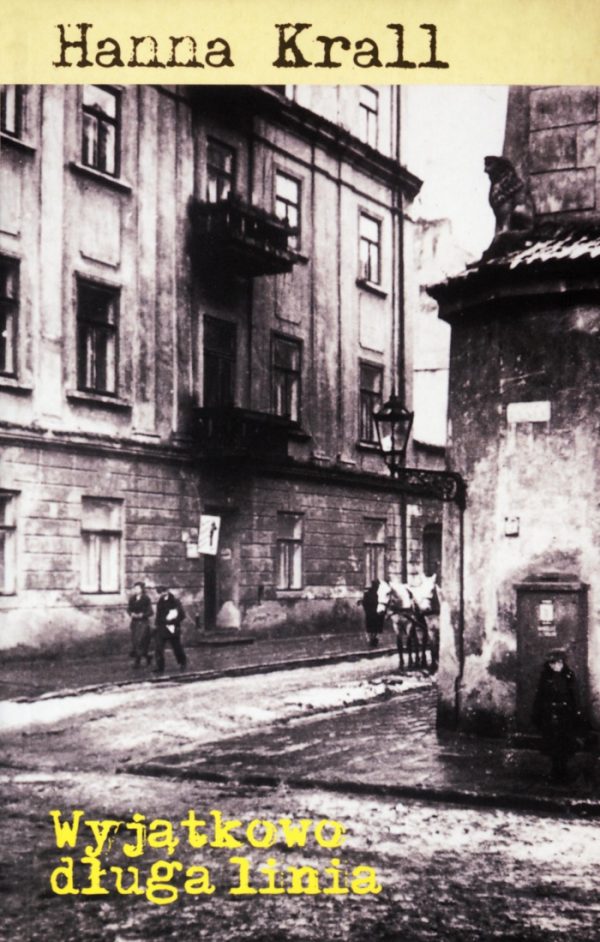
Source: Amazon
8. Ostatnie Historie (Final Stories) by Olga Tokarczuk
A novel by Poland’s leading female writer, three stories by three heroines (three generations of the same family) are interwoven to achieve an unusual structure of a book exploring the nature of human experience, linked in particular by a sense of duty, and a sense of guilt. Its beauty and sadness must be translated.
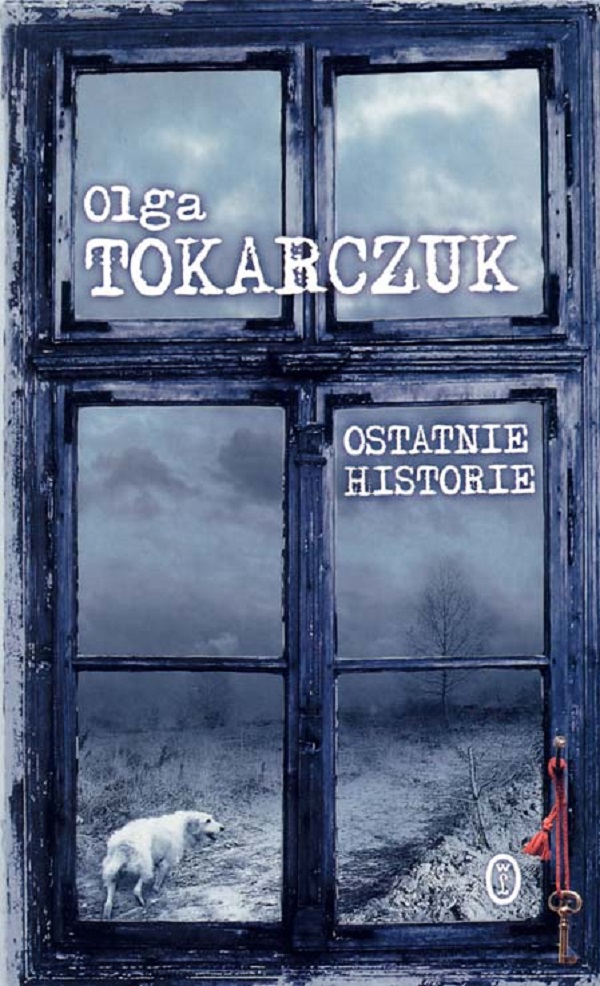
Source: Amazon
9. Tristan 1946 by Maria Kuncewiczowa
Considered a classic since its publication in 1967, Tristan 1946 is set in post-war Cornwall, London, and New York, and follows a young veteran of the Warsaw Uprising and German camps as he tries to forget what he experienced in his native Poland. Based loosely on the Tristan and Isolde myth, it ironically critiques that “very model of exclusive erotic passion” by methods both humorous and tragic. Kuncewiczowa was known for her psychological prose, this essentially émigré novel anticipated Denis de Rougemont’s 1975 Love in the Western World.
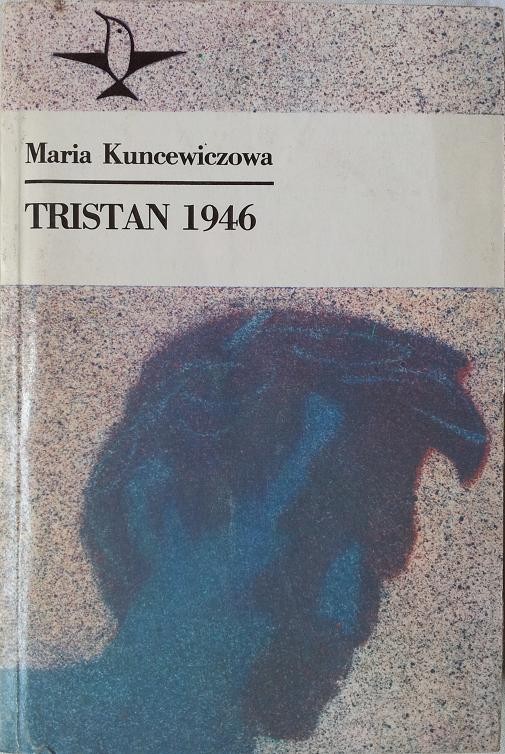
Source: Amazon
10. Dziewczęta z Nowolipek (The Girls from Nowolipki Street) by Pola Gojawiczyńska
Published in 1935, Dziewczęta z Nowolipek follows a group of girls as they mature from children to women. Set just before WWI and the rebirth of Poland as an independent nation, Nowolipki Street is a “small homeland” of diverse ethnicity in the working class world the girls inhabit – from which some eventually escape, either happily or no. Gojawiczyńska generally wrote on this area of society, and about the female of the species therein, yet there is no gloom here, only a concern for the characters’ fates (which English-speaking readers should have the opportunity to read, too).

Source: Amazon
Are there any books by female Polish authors you think should be translated?
YouTube Channel: Easy Languages
Featured image via Swiat Obrazu
h/t Literary Hub
